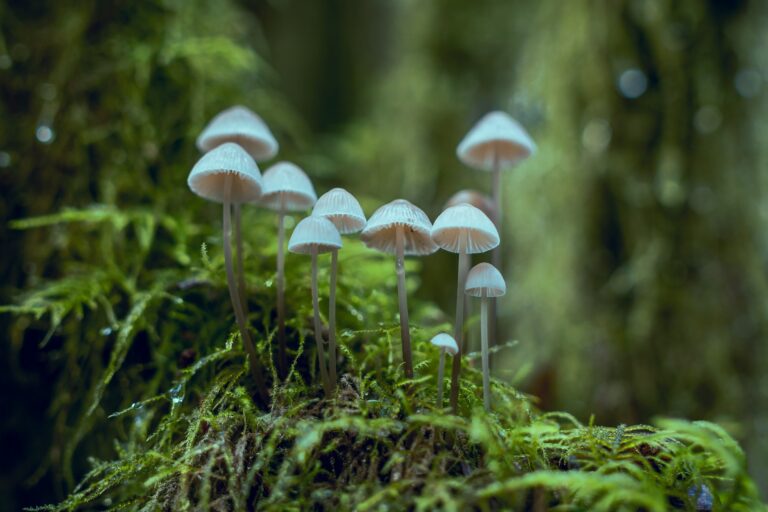Is Psilocybin Legal in South Korea?
In South Korea, psilocybin is classified as an illegal substance, and the possession, sale, and consumption of psilocybin-containing mushrooms are strictly prohibited. South Korea has a reputation for its strict drug laws and harsh penalties for those who violate them, with the country having a zero-tolerance policy towards drugs. This includes substances like psilocybin, which is a naturally occurring psychedelic compound found in certain types of mushrooms.
What Are Psilocybin Mushrooms Called in South Korea?
In South Korea, psilocybin mushrooms are commonly referred to as magic mushrooms or psychedelic mushrooms. The local term for these mushrooms is 싸이버섯 (pronounced ssaibeoseot), which translates to psychedelic mushroom in English. These mushrooms are known for their hallucinogenic effects and are used recreationally in some cultures for spiritual and introspective experiences. However, due to the illegality of psilocybin in South Korea, they are not openly discussed or used in the country.
Is it Legal to Grow Psilocybin Mushrooms in South Korea?
It is illegal to grow psilocybin mushrooms in South Korea. Cultivating, possessing, or distributing these mushrooms can lead to severe legal consequences, including imprisonment and hefty fines. The South Korean government enforces strict drug control policies to prevent the spread of drug use and protect public health. As a result, cultivating psilocybin mushrooms for personal use or distribution is not permitted in the country.
What are the Laws and Penalties Regarding Psilocybin in South Korea?
South Korea has stringent drug laws, and the penalties for violating these laws can be severe. The specific laws and penalties related to psilocybin include:
- Possession: Possessing psilocybin mushrooms can lead to imprisonment for up to five years or a fine of up to 50 million won (approximately $44,000).
- Sale or Distribution: Selling or distributing psilocybin mushrooms can result in imprisonment for up to life or a fine of up to 100 million won (approximately $88,000).
- Cultivation: Cultivating psilocybin mushrooms can lead to imprisonment for up to seven years or a fine of up to 70 million won (approximately $62,000).
These penalties can be even more severe for repeat offenders or those involved in large-scale drug operations.
What Government Laws and Resources Exist Regarding Psilocybin in South Korea?
Several government laws and resources exist in South Korea to regulate and enforce drug control policies, including those related to psilocybin. Some of these laws and resources include:
- Act on the Control of Narcotics: This law regulates the manufacturing, distribution, and use of narcotics, including psilocybin, in South Korea. The act outlines the penalties for drug-related offenses and provides guidelines for law enforcement agencies to enforce drug control policies. The full text of the act can be found here.
- Korean Food and Drug Administration (KFDA): The KFDA is responsible for regulating the sale and use of drugs, including psilocybin, in South Korea. The organization works to ensure public health and safety by overseeing drug control policies and conducting research on drug-related issues. More information about the KFDA can be found on their official website.
- National Institute of Drug Safety Evaluation (NIDSE): The NIDSE is a government organization responsible for evaluating the safety and efficacy of drugs, including psilocybin, in South Korea. The institute conducts research on drug-related issues and provides guidance to the government on drug control policies. More information about the NIDSE can be found on their official website (Korean).
In conclusion, psilocybin is illegal in South Korea, and the possession, sale, or cultivation of psilocybin mushrooms can lead to severe legal consequences. The South Korean government enforces strict drug control policies to protect public health and safety, and those found violating these laws can face significant penalties.

Can I take psilocybin in South Korea? Is it legal?